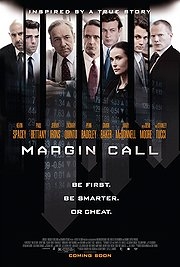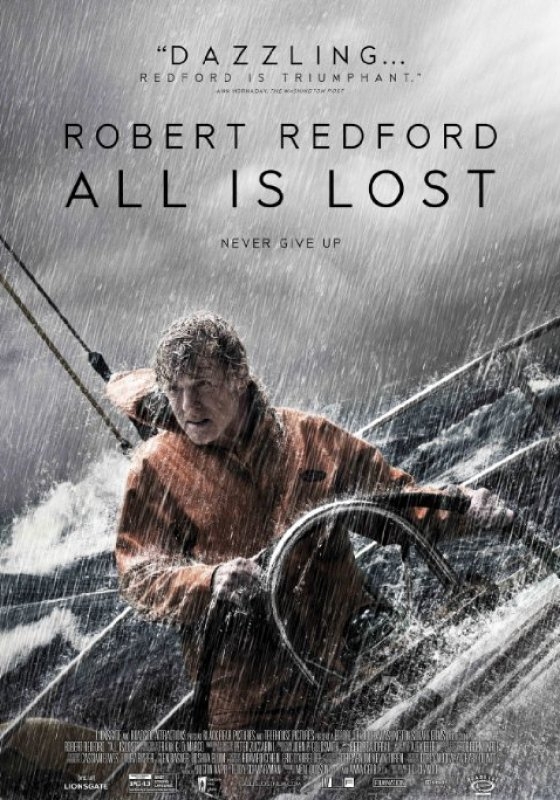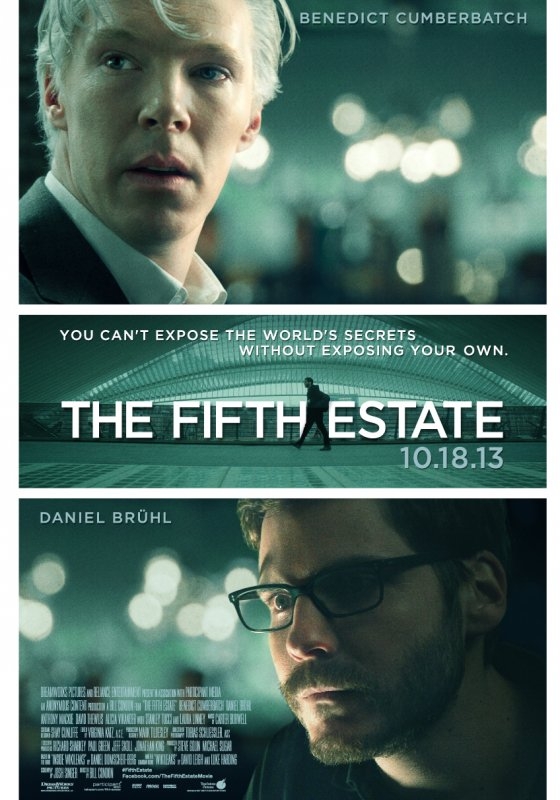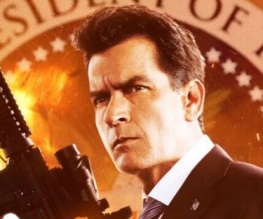Margin Call

You remember Wall Street? Oliver Stone’s look at the world of finance, intended as a scathing depiction of man’s greed, but inadvertently turned into a banker’s fairy tale? Well, now meet its opposite number. Margin Call takes the formidable talents of Kevin Spacey, Jeremy Irons et al, and uses them to examine the problems inherent in the system. Whereas Wall Street hinged on the choices a young Charlie Sheen, J.C. Chandor’s opus reveals how, in the end, none of the characters have any choice at all.

So Peter Sullivan (Quinto) is a low-level risk analyst working for an unnamed New York financial firm. After a round of layoffs, his boss (Stanley Tucci) gets the boot, but leaves Peter with a flash drive full of something he was working on. Using his massive Vulcan brain to decipher it, we discover that there’s a massive financial crisis literally days away, which will almost certainly bankrupt the company. As this discovery goes further and further up the chain of command through Will (Bettany), Sam (Spacey), Jared (Simon Baker) and eventually to CEO John Tuld (Irons acting up a STORM), each is forced to confront the bizarre construct of co-operation and selfishness that that they inhabit. With only days, if not hours, before the rest of the market knows what they know, the decision is whether to sell everything and kick off the next great depression or…
And that’s really it. There is no or, not really. Throughout this film, we are again and again confronted with the reality that in the modern world, it is this “made up thing” of money that really calls the shots. Near the end, Eric Dale lays out his options: “I could stay home and they’d fight me on everything. The options, the benefits, my severance. Or I could come in and earn a hundred and seventy thousand dollars an hour sitting here. Not much of a choice.”

It’s a very good movie. Of course it is. Look at the cast list. It’s got at least a half-dozen heavyweights who’re able to make a good movie out of the lamest of lame-duck scripts, so with a gem like this they absolutely excel. The characterization is so well-executed that, despite playing the bankers that caused the very crisis their audience is currently living through, it’s very hard to come out of it with anything but sympathy for them. Their continual refrain of “the money was too good” sounds less like an excuse and more like a subtle question to the audience. In the same situation, wouldn’t you? And it’s a very rare viewer who’ll genuinely be able to say they wouldn’t.
It’s not a perfect film by any means. The script can occasionally be heavy-handed in its message (was it really necessary to make Quinto a rocket scientist?) and I really don’t know what’s going on with Paul Bettany’s accent. It’s either the worst American accent I’ve ever heard, or a really good Brit-who’s-lived-in-America-too-long accent, but either way it’s distracting and leads to some lost lines. Also, for a film that so wonderfully exposes the flaws in our economic system, there’s an uncomfortable amount of product placement. Don’t think we didn’t notice when you focused the camera on that Snapple bottle for a long, lingering second.

Overall, this film works so well because it sits back and lets some absolutely stellar actors bring the humanity out of the people trapped in symbiosis with a cold, unfeeling system. When Spacey tells his employees that “in the bigger picture” they’ve “done great things, important things”, it makes us as sick to hear as it makes him to say, because we’ve seen that the only thing they’ve done is make money. It’s the only thing they can do. “At least if I’d spent my life digging”, says Spacey, “there’d be some holes in the ground to show for it.” It’s a strong message, presented in a film that’s should definitely be watched.





Recent Comments